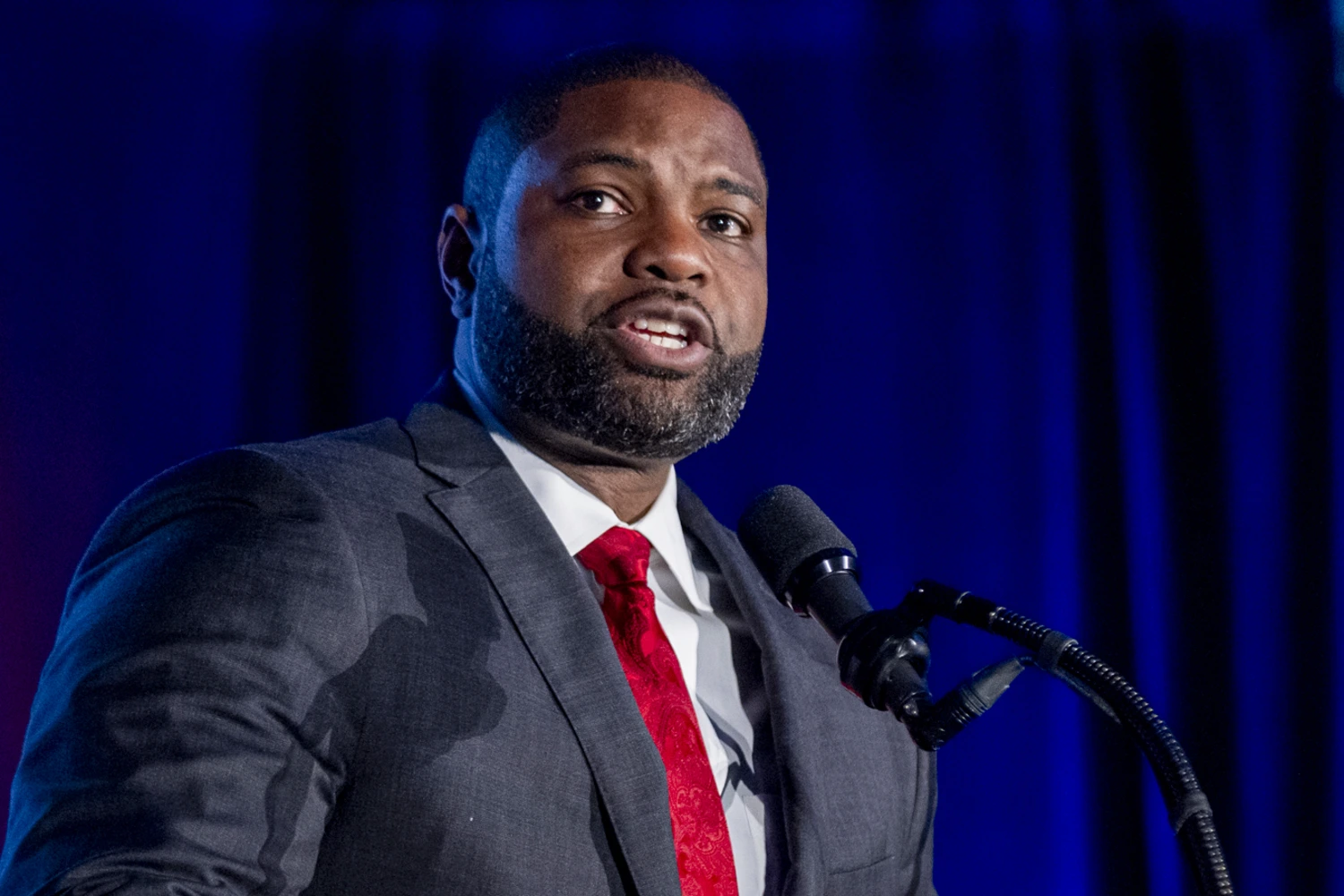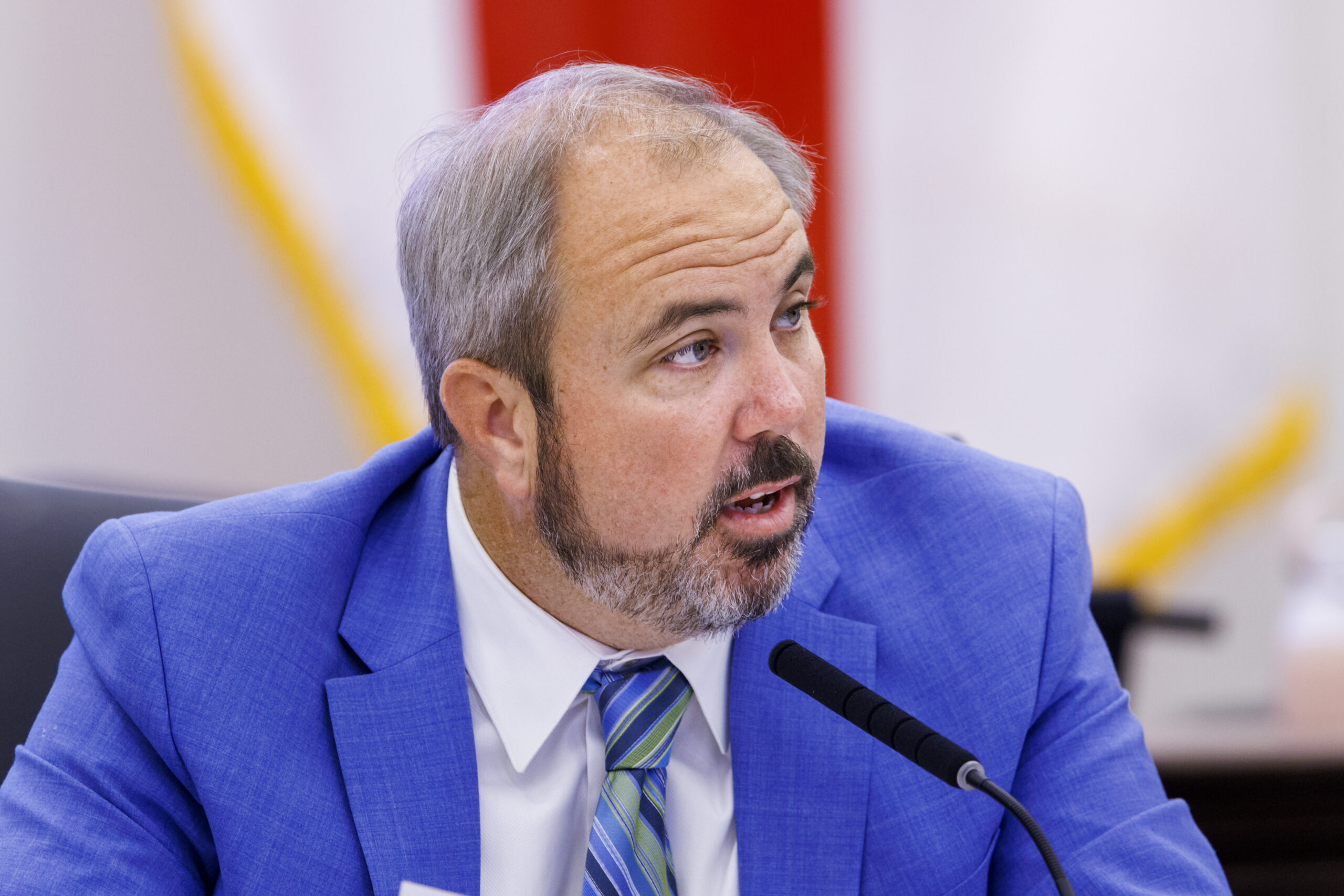Florida Politics’ rundown of the top lobbying firms for Q4 continues look at the No. 6 through No. 10 firms.
A reminder: Florida Politics estimates how much firms earn based on the middle number of the per-client ranges they list on their compensation reports. Firms report contracts in $10,000 increments. Compensation reports also include firm-level ranges, giving outsiders a rough idea of their minimum and maximum earnings.
Florida Politics ranks lobbying firm earnings based on the middle number of the per-client ranges listed on compensation reports. Contracts are reported in $10,000 increments. Compensation reports also include firm-level ranges, which can give outsiders a rough idea of a firm’s minimum and maximum earnings.
Florida lobbyists and lobbying firms faced a mid-February deadline to file compensation reports for the period covering Oct. 1 through Dec. 31. Compensation reports for the first quarter are due to the state on May 15.
Peruse the full top lobby firms ranking here.
No. 6: GrayRobinson
GrayRobinson finished the year with an estimated $2.88 million in pay last quarter, earning the No. 6 spot on Florida Politics’ quarterly lobby firm rankings.
The firm led by Dean Cannon represented well over 200 clients in Q4. The reports show median earnings of $1.55 million in the Legislature across 233 contracts and $1.33 million in the executive across 240 contracts.
The lead clients on the legislative report were the Florida Municipal Electric Association at $45,000 followed by AvMed at $35,000 and Brown & Brown, the Florida League of Cities, the Villages and Walt Disney Parks and Resorts at the $25,000 level.
The executive branch report lists Coreview at No. 1 with $35,000 in payments and a three-way tie between Brown & Brown, the Florida League of Cities and the Villages for No. 2 at $25,000 in Q4.
In addition to Cannon, the GrayRobinson team includes The David Allen, Kylee Anzueto, Christopher Carmody, Carlecia Collins, Leonard Collins, Larry Cretul, Christopher Dawson, Angela Drzewiecki, Rheb Harbison, George Levesque, Jessica Love, Blake Mathesie, Ryan Matthews, Kim McDougal, Kirk Pepper, Thomas Philpot, Richard Plotkin, Joseph Salzverg, Robert Stuart, John Truitt and Jason Unger.
The bottom line of GrayRobinson’s reports list at least $1 million in legislative pay and the same amount in executive branch pay, putting their earnings floor at $2 million. At the top end, GrayRobinson may have collected as much as $4.66 million.
Over the course of the year, the firm earned $12.8 million, which was the fourth-highest total of all firms in the state.
No. 7: Corcoran Partners
Corcoran Partners maintained its grip on the No. 7 spot in Q4 with a $2.25 million haul.
The firm led by Michael Corcoran represented 133 clients in Q4, collecting $1.54 million lobbying lawmakers and another $708,000 lobbying the Governor, Cabinet and state agencies.
In addition to Corcoran, the fourth-quarter team included Jacqueline Corcoran, Noah Corcoran, Matt Blair, Brian Ford, Jeff Hawes, Helen Levine, Will Rodriguez and Andrea Tovar.
Corcoran Partners’ No. 1 client last quarter was Fontainebleau Development, a South Florida-based luxury real estate development company. It paid Corcoran Partners $136,000 in Q4 — $68,000 on each report. The Florida Optometric Association followed at $120,000, split evenly between Corcoran Partners’ legislative and executive branch reports.
In addition to the six-figure clients, the firm represents dozens of well-known companies and institutions such as the University of South Florida, Verizon, Walmart, Florida Crystals, Nova Southeastern University and the Philadelphia Phillies, one of many teams that hold spring training in the Sunshine State.
Overall, Corcoran Partners earned at least $1 million in legislative lobbying pay and between $500,000 and $1 million in executive branch lobbying pay, meaning it earned no less than $1.5 million in Q4. Based on per-client ranges, the firm could have earned as much as $3.03 million.
Corcoran Partners spent the year in the No. 7 spot, and it hit the same mark in the annual rankings with an overall haul of $9.05 million.
No. 8: The Advocacy Partners
The team at The Advocacy Partners collected just shy of $2 million in Q4, climbing up one spot from its Q3 ranking.
Slater Bayliss, Christopher Chaney, Alex Poitras, Steve Schale, Stephen Shiver, Sarah Suskey and Jeff Woodburn represented 106 clients in the fourth quarter, reporting median earnings of $905,000 in the Legislature and $1.09 million in the executive branch.
The Advocacy Partners’ top legislative clients for the quarter were Advocating for Seniors, TECO Energy and Phoenix Holding Company, the parent company of disaster management firms Tidal Basin and Tidal Basin Caribe. Each paid $35,000 for the quarter.
The firm’s $25,000-per-quarter clients included Advocating for Seniors, BlueGreen US Water Technologies, CHSPSC, Walt Disney Parks & Resorts and Waymo.
The Advocacy Partners’ executive branch report was topped by a $45,000 contract with Starbucks, followed by $35,000 contracts with Eightfold AI, Entratus, Inktel Government BPO Services, MIS Security, Paylt and Tidal Basin Group.
Overall, The Advocacy Partners reported earning between $500,000 and $1 million in the Legislature and $1 million-plus in the executive, meaning the firm earned at least $1.5 million in Q4. The firm’s year-end total measured in at $7.65 million, which places it at No. 7 in the 2024 rankings.
No. 9: Greenberg Traurig
The team at national law firm Greenberg Traurig continued its streak as a Top 10 firm with Q4 compensation reports totaling $1.84 million.
The firm’s fourth-quarter team consisted of Roger Beaubien, Christian Brito, Gus Corbella, Hayden Dempsey, Fred Karlinsky and Timothy Stanfield. They handled the needs of nearly 100 clients in the Legislature and 125 in the executive branch.
GT Law’s legislative compensation report was topped by six clients that paid $45,000 apiece: Baptist Health South Florida, Guy Carpenter & Company, Heritage Property & Casualty Insurance Company, Moody’s Analytics, Slide Insurance Holdings and Slide MGA. They were followed by Apartment Income REIT Corp., Humana Medical Plan, the Seminole Tribe of Florida and EXP Global in the $35,000 bracket.
Heritage and both Slide subsidiaries tied for the No. 1 spot on the executive branch report as well, with each company chipping in another $45,000.
Based on the overall ranges listed on GT’s reports, the firm earned at least $1.5 million in lobbying fees last quarter. The firm’s overall score last year was $7.81 million, the eighth-highest total among Florida lobbying firms.
No. 10: Metz Husband & Daughton
The nine-member team at Metz Husband & Daughton earned an estimated $1.59 million in the fourth quarter.
Warren Husband and James Daughton worked alongside lobbyists Doug Bell, Leslie Dughi, Anna DePaolo, Allison Liby-Schoonover, Aimee Lyon, Andy Palmer and Karl Rasmussen to represent nearly 100 clients.
One of those clients, Amscot Financial, broke through the cap on range reporting by paying the firm $51,000 for help in the Legislature.
The No. 2 spot went to General Motors and TikTok at $35,000, followed by more than a dozen contracts listed in the $25,000 bracket.
At $25,000, The Everglades Trust was the firm’s top-paying executive branch client. The exec report listed Adaptive Biotechnologies Corporation, Alteryx, Barron Collier Partnership, bluebird bio, Carr Riggs & Ingram, Curaleaf Florida and Ecosystem Investment Partners at $15,000 apiece, with the remaining contracts falling into the up-to-$10,000 bracket.
The overall range listed on MHD’s reports shows it earned $1 million or more in legislative pay and between $250,000 and $500,000 in executive pay, meaning it earned at least $1.25 million in Q4. The firm’s top-end estimate is $2.03 million.
MHD was a consistent presence in the Top 10 throughout 2024, resulting in a No. 10 finish in the year-end rankings with $6.73 million earned.
Post Views: 0

 Entertainment8 years ago
Entertainment8 years ago
 Entertainment8 years ago
Entertainment8 years ago
 Politics8 years ago
Politics8 years ago
 Tech8 years ago
Tech8 years ago
 Tech8 years ago
Tech8 years ago
 Tech8 years ago
Tech8 years ago
 Politics8 years ago
Politics8 years ago
 Entertainment8 years ago
Entertainment8 years ago










